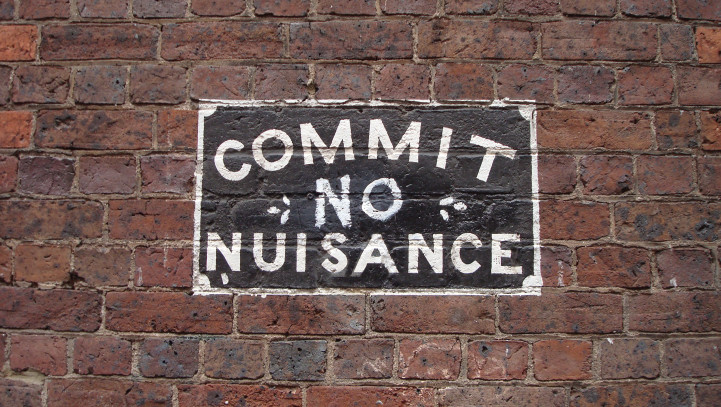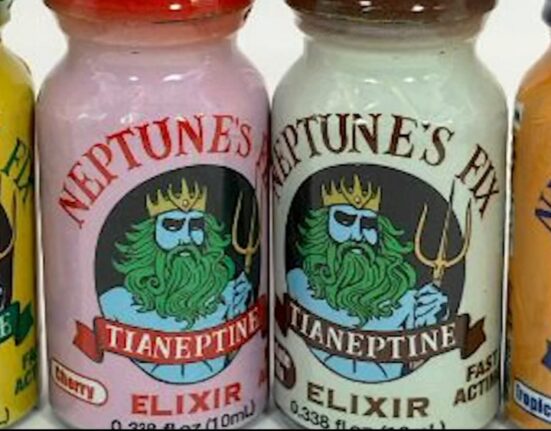Protecting Tennessee Youth: A Community-Wide Strategy to Combat Illegal Sales at Local Retailers
Tennessee communities across the state are facing a growing challenge as some convenience stores, vape shops, and markets have become sources for dangerous synthetic drugs, illegal substances, and age-restricted products that harm our youth and neighborhoods. From synthetic cannabinoids and “gas station heroin” to the illegal sale of kratom, alcohol, and tobacco to minors, these establishments pose serious threats to public health and safety. However, through coordinated efforts between local government, law enforcement, and engaged citizens, Tennessee communities can take decisive action to protect their residents, especially vulnerable young people.
Listen Into the podcast above at the 12:40 timeline to learn more about Gas station heroin and his its a serious public nuisance and health issue.
Understanding the Scope of the Problem
The proliferation of synthetic drugs and illegal substances in retail establishments has created a public health crisis that extends far beyond traditional drug dealing. These substances often masquerade as legal products, making them particularly dangerous and accessible to minors. Common problematic items include:
Synthetic Drugs and Substances:
– Synthetic cannabinoids (often called “K2” or “Spice”)
– Synthetic opioids and fentanyl-laced products
– “Gas station heroin” (tianeptine-based products)
– Unregulated kratom products
– Designer stimulants and hallucinogens
Age-Restricted Products:
– Tobacco and nicotine products sold to minors
– Alcoholic beverages sold to underage individuals
– Vaping products and e-cigarettes accessible to youth
How Cities and Counties Can Lead the Fight
Strengthening Local Ordinances
Tennessee municipalities have significant power to regulate businesses within their jurisdictions. Cities and counties should consider implementing comprehensive ordinances that:
Establish Clear Licensing Requirements:
– Create specific licensing categories for retailers selling tobacco, alcohol, or hemp-derived products
– Implement mandatory background checks for business owners and managers
– Require annual renewals with compliance history reviews
– Set clear penalties for violations, including license suspension or revocation
Enhance Age Verification Standards:
– Mandate advanced ID scanning technology for age-restricted sales
– Require staff training and certification programs
– Implement mystery shopper programs to test compliance
– Establish “three strikes” policies for violations
Create Buffer Zones:
– Prohibit certain retailers from operating within specified distances of schools, playgrounds, and youth centers
– Limit the concentration of tobacco and vape shops in specific areas
– Require special permits for businesses near sensitive locations









Leave feedback about this